1. Blade Runner
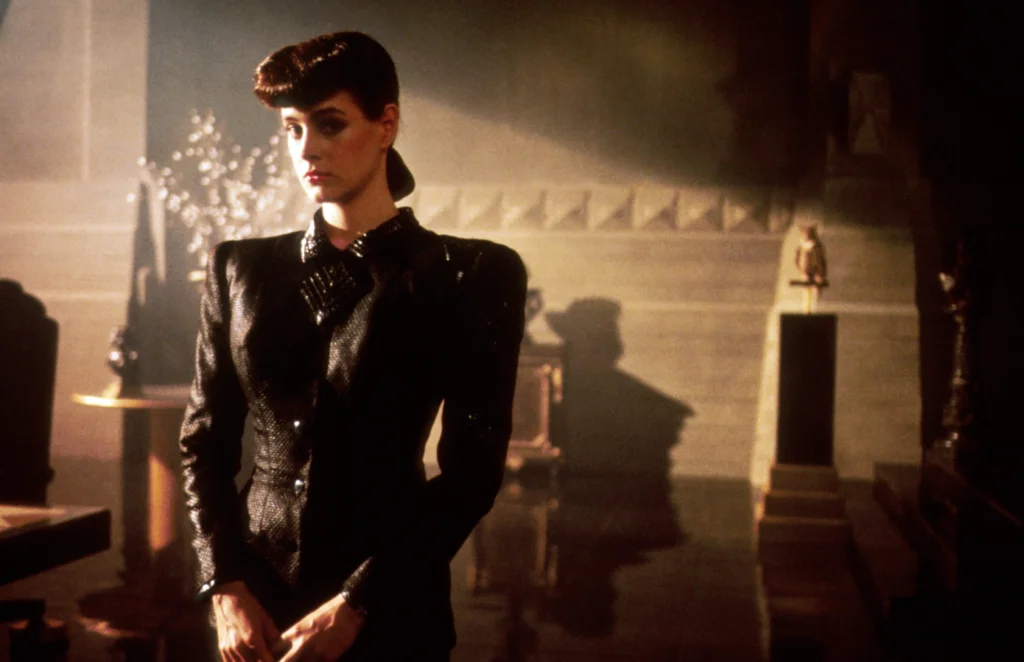
When Blade Runner hit theaters in 1982, audiences weren’t quite sure what to make of it. A neo-noir sci-fi story about synthetic humans called replicants might have felt far-fetched back then, but the film’s questions about what it means to be human, the ethics of artificial intelligence, and corporate control over technology are more relevant than ever. Ridley Scott’s vision of a rain-soaked, neon-lit Los Angeles in 2019 feels eerily close to our own urban landscapes.
The movie’s slow-burn pacing and layered philosophical themes have aged beautifully, finding a bigger audience decades later. Today, as debates about AI and genetic engineering dominate headlines, Blade Runner feels prophetic rather than futuristic fantasy. It’s a rare case of a movie that grows in cultural relevance the further we move from its release date.
2. The Breakfast Club
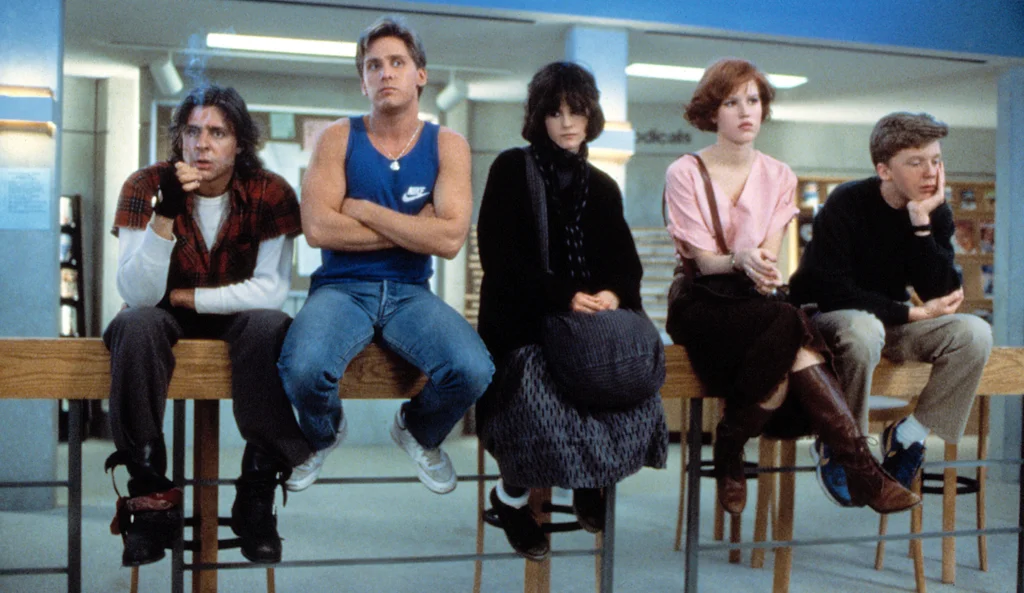
On the surface, The Breakfast Club might look like a simple high school detention story, but its message about stereotypes, social divisions, and the need for empathy has only deepened over time. John Hughes captured the raw vulnerability of teenage life without sugarcoating it. The characters’ confessions could just as easily come from students today dealing with pressure from parents, peers, and society.
The film’s core message—that everyone is more complicated than the box they’re placed in—has universal appeal. In an era of social media labels and quick judgments, The Breakfast Club serves as a reminder to slow down and see the full person, not just the image they present.
3. WarGames

When WarGames premiered in 1983, the idea of a teenage hacker accidentally triggering a nuclear war sounded like a thrilling but implausible setup. Fast forward to the present day, and concerns about cybersecurity, AI, and automated military systems make it chillingly believable. Matthew Broderick’s character was ahead of his time, tapping into a world of interconnected computers before the internet became mainstream.
Its underlying cautionary tale—technology can outpace our ability to control it—still holds true. Today, instead of just nuclear codes, we worry about election interference, data breaches, and rogue AI systems. WarGames isn’t just entertainment anymore, it’s practically a case study.
4. Wall Street
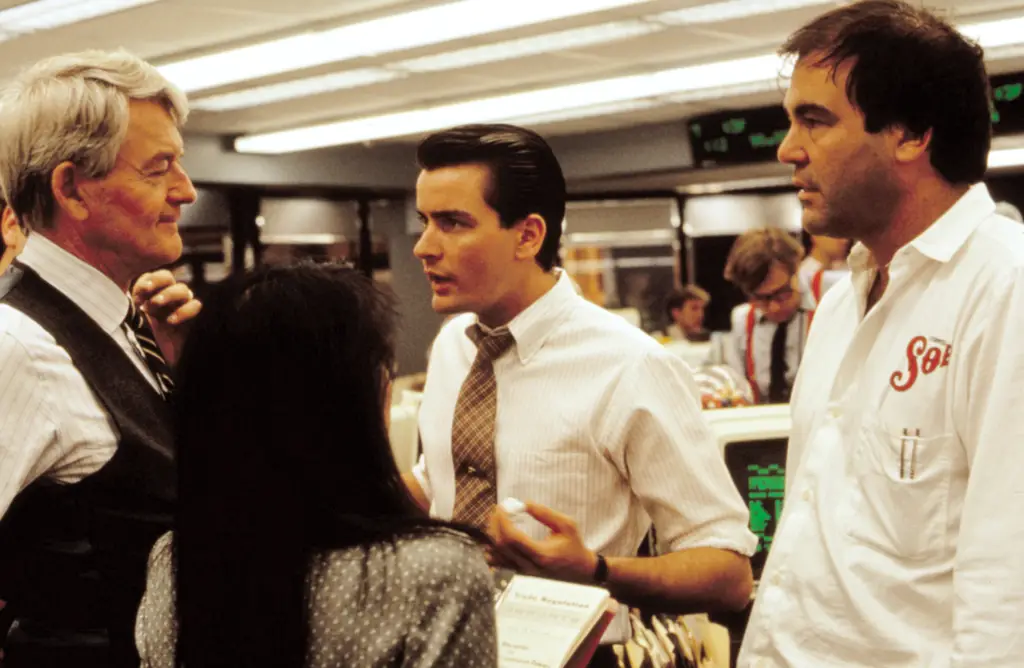
Oliver Stone’s Wall Street gave us the infamous “Greed is good” mantra, a line that has echoed through decades of financial scandals. Released in 1987, it was meant as a critique of excess, but it ended up becoming a rallying cry for some. Michael Douglas’ Gordon Gekko became the ultimate symbol of corporate ruthlessness.
The issues it highlights—income inequality, insider trading, and the seductive pull of wealth—are still hot topics today. Watching it now feels like a history lesson that doubles as a warning. The fact that it still resonates is proof that not much has changed in the high-stakes world of finance.
5. The Color Purple
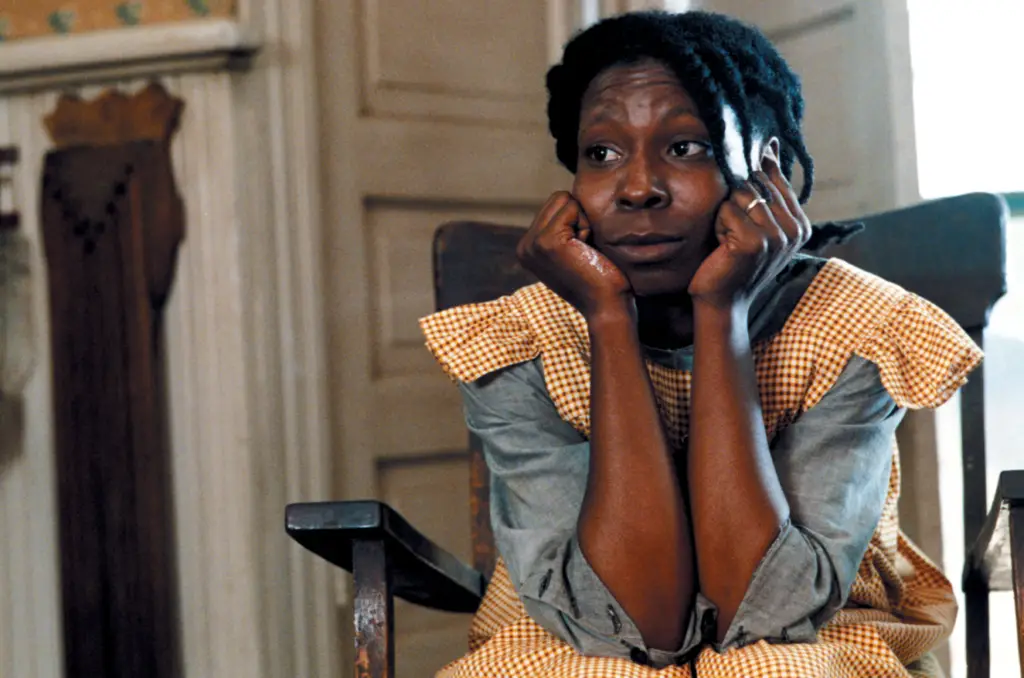
The Color Purple was groundbreaking in 1985 for its unflinching portrayal of race, gender, and resilience in early 20th-century America. Whoopi Goldberg’s performance was unforgettable, and the film’s themes of empowerment and survival still inspire audiences.
The story’s core messages about breaking cycles of abuse and finding one’s voice remain timeless. Even in today’s conversations about equality and representation, The Color Purple stands as a cultural touchstone, proving that human dignity is a fight worth having in every generation.
6. Back to the Future
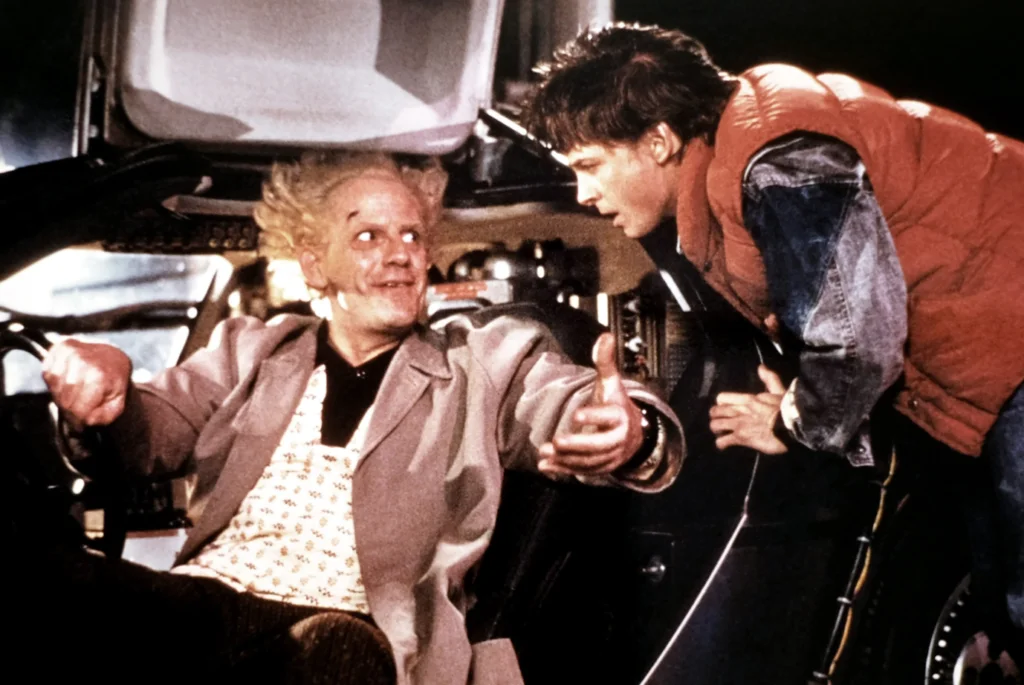
On the surface, Back to the Future is a fun time-travel adventure, but it’s also a clever exploration of how small actions can ripple through time. The film’s commentary on nostalgia and the way each generation views its “good old days” is even more interesting now.
Its appeal hasn’t faded because the idea of rewriting history—personal or global—never stops being compelling. With each rewatch, audiences find new connections to their own lives, making it as relevant in the streaming era as it was in 1985.
7. They Live
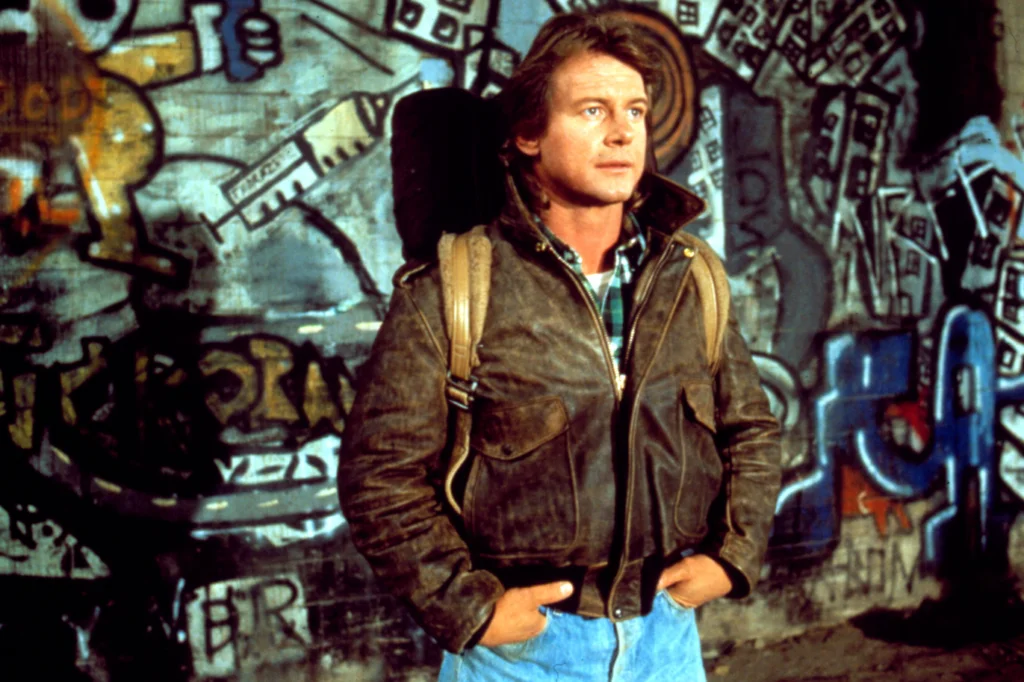
When They Live premiered in 1988, it was seen as a quirky sci-fi action flick with an anti-consumerist message. But John Carpenter’s satire about hidden messages in advertising and a ruling elite controlling the masses feels shockingly on point today. The “Obey” and “Consume” imagery has become iconic.
In an age of targeted ads, influencer culture, and information overload, They Live feels less like fiction and more like social commentary. The sunglasses that reveal the truth could easily be swapped for our smartphones, giving the film a fresh layer of relevance.
8. Stand by Me
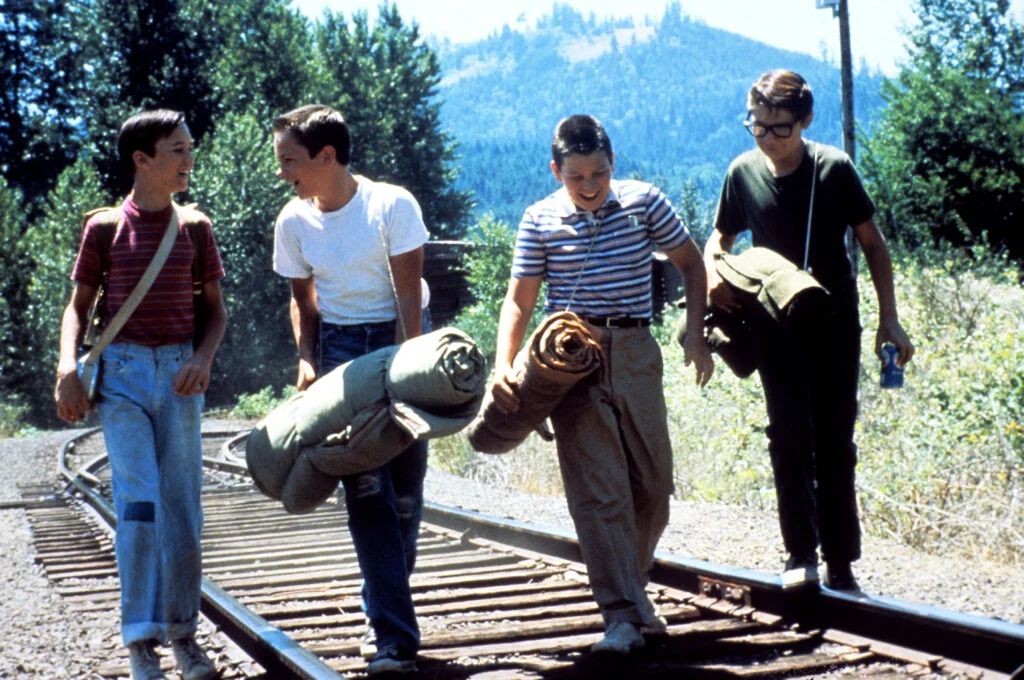
Stand by Me isn’t just a coming-of-age movie, it’s a meditation on friendship, loss, and the fleeting nature of youth. Based on a Stephen King novella, it captured the bittersweet mix of childhood adventure and the realization that growing up means saying goodbye to certain parts of yourself.
The story’s themes resonate in any era, but in a time when face-to-face friendships are often replaced by online connections, its reminder of deep, real-world bonds feels even more urgent. Watching it now is like opening a time capsule and remembering what really matters.
9. Do the Right Thing
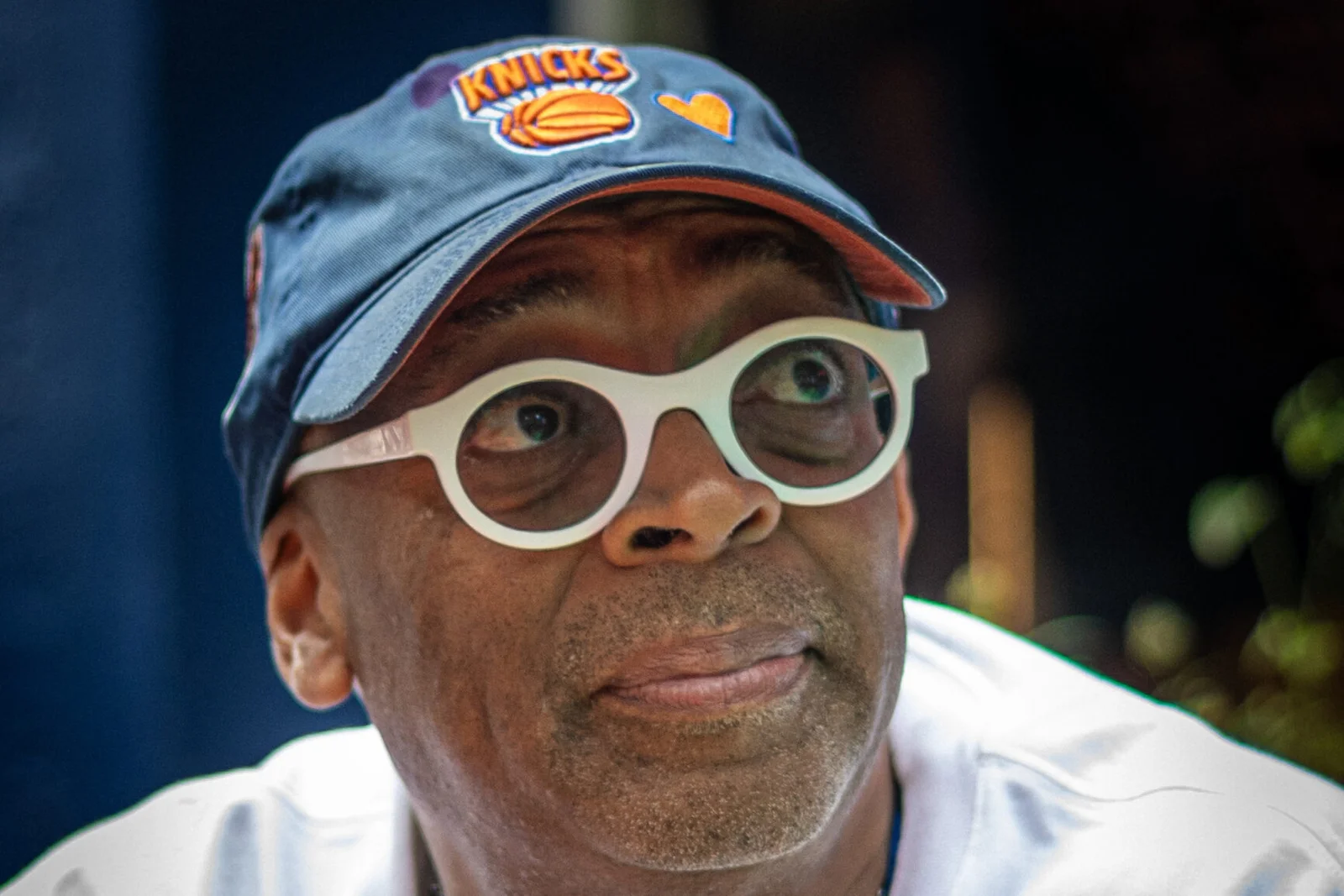
Spike Lee’s Do the Right Thing was released in 1989, but its exploration of race, community tensions, and systemic inequality is as relevant today as it was then. The film’s setting—a single block on a sweltering summer day—serves as a microcosm for larger societal issues.
Its depiction of escalating conflict and the difficulty of finding common ground feels incredibly current. With conversations about racial justice still at the forefront, Do the Right Thing remains essential viewing, both as art and as a call for awareness.
10. The Terminator

When The Terminator came out in 1984, the idea of an unstoppable cyborg assassin from the future felt like pure sci-fi. But with AI advancements, drone warfare, and robotics evolving rapidly, the film’s themes of technology turning against its creators hit closer to home.
The movie’s warning—that technology doesn’t have morality, only programming—has aged with unsettling accuracy. In an era where AI ethics is a serious global debate, The Terminator feels like it was predicting headlines from decades in the future.
11. Working Girl
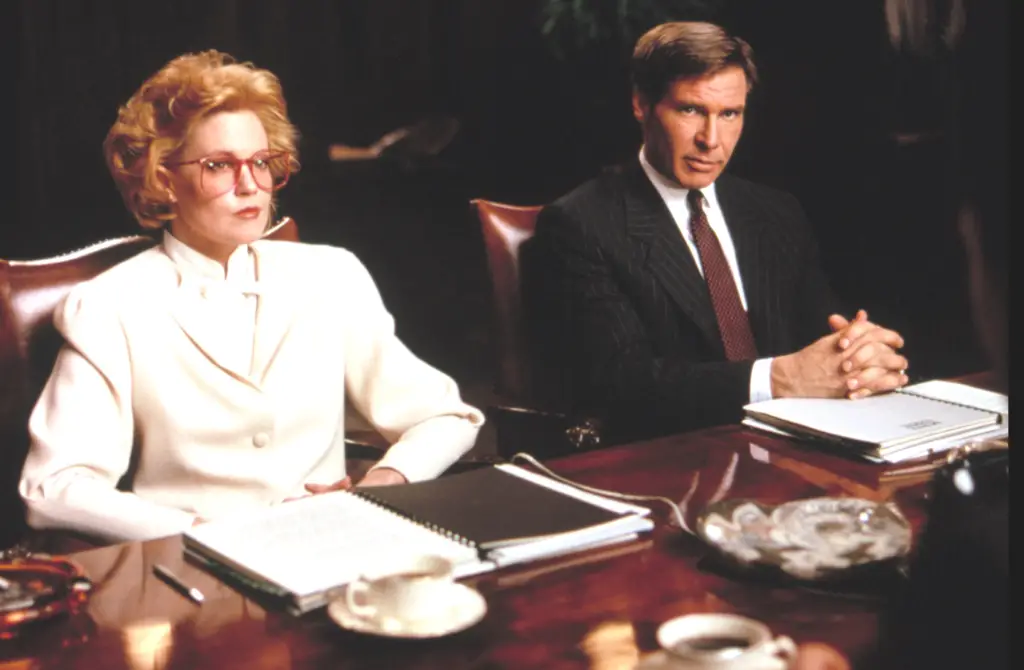
Working Girl might seem like a feel-good romantic comedy at first glance, but it was quietly progressive for 1988. Melanie Griffith’s character challenges gender roles in the corporate world, proving that ambition and determination can break through entrenched systems.
Its themes of sexism, workplace politics, and the fight for recognition remain relevant in modern offices. In many ways, Working Girl paved the way for today’s conversations about equal pay, glass ceilings, and representation in leadership.
12. Fatal Attraction
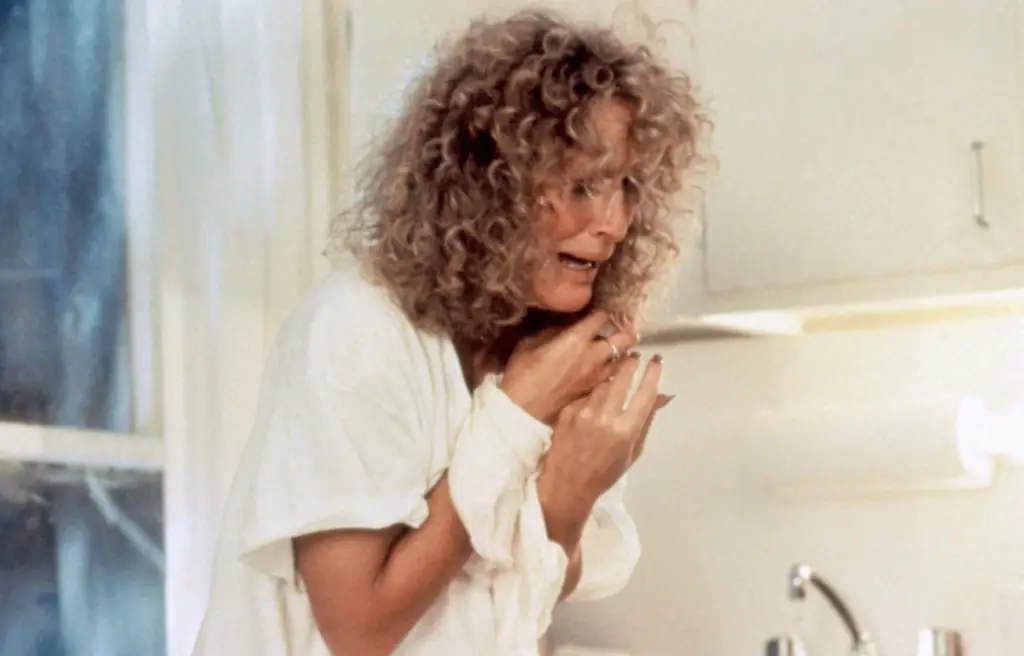
When Fatal Attraction hit theaters in 1987, it was marketed as a steamy thriller, but underneath the suspense was a cultural conversation about infidelity, consequences, and gender dynamics. Glenn Close’s performance as Alex Forrest turned what could have been a one-dimensional “other woman” role into a chilling exploration of obsession and emotional instability.
The film’s themes about trust, betrayal, and the fallout from personal choices still resonate today. In a world where relationships are often complicated by technology, instant communication, and public exposure, Fatal Attraction remains a tense, cautionary tale that feels just as unsettling as it did decades ago.
13. A Nightmare on Elm Street
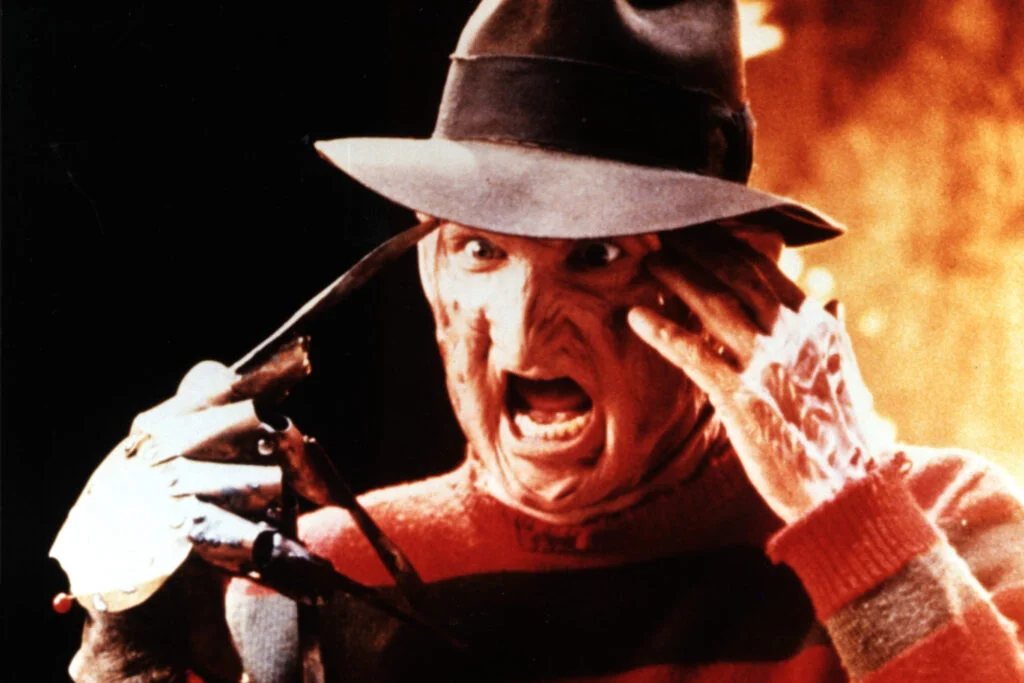
On one level, A Nightmare on Elm Street is a slasher movie about a supernatural killer haunting dreams. But it also tapped into deeper fears about trust, safety, and the hidden dangers beneath everyday life. Freddy Krueger became a cultural symbol of repressed trauma coming back to haunt you—literally.
The film’s blending of psychological horror with social commentary keeps it fresh. In today’s era of “prestige horror” that mixes scares with meaning, A Nightmare on Elm Street feels like an early example of the genre’s potential.
14. Tootsie
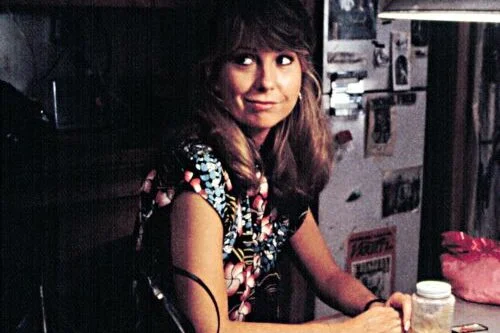
Tootsie isn’t just a comedy about a struggling actor dressing as a woman to land a role—it’s a sharp commentary on gender expectations and sexism in the workplace. Released in 1982, it tackled themes that would later dominate cultural conversations.
The humor has aged well, but so has its message about empathy and seeing the world from someone else’s perspective. In a time when gender roles are being questioned and redefined, Tootsie remains both funny and surprisingly insightful.


